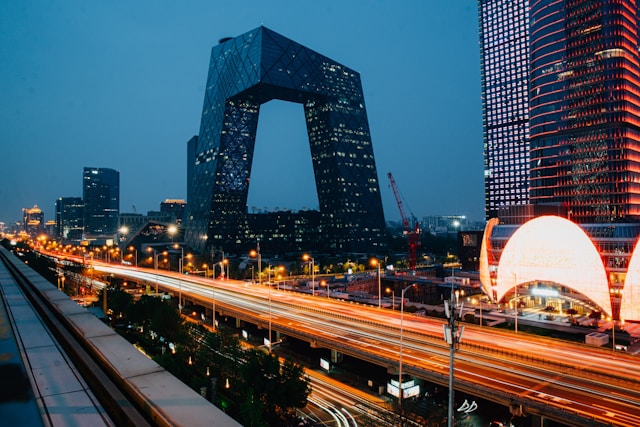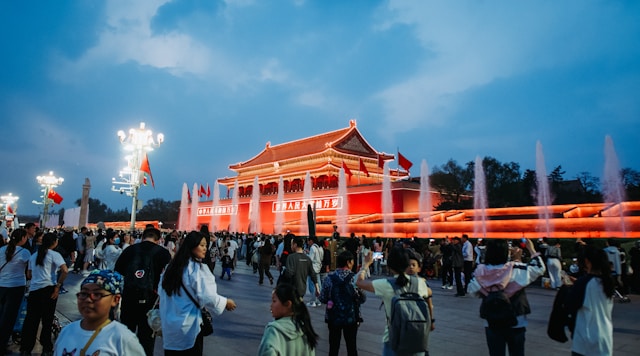
On 17 March 2022, China’s Supreme People’s Court (SPC) issued the “Interpretation on Several Issues Concerning the Application of the PRC Anti-Unfair Competition Law” (hereinafter “the Interpretation”, 关于适用<中华人民共和国反不正当竞争法>若干问题的解释), with effect on 20 March 2022.
Prior to the Interpretation, the SPC issued the “Interpretation on Several Issues Concerning the Application of Law in the Trial of Civil Cases Involving Unfair Competition” (关于审理不正当竞争民事案件应用法律若干问题的解释) in 2017, which was replaced by this newly-released juridical Interpretation in 2022.
With 29 articles, the Interpretation provides guidance to Chinese judges regarding the application of the Anti-Unfair Competition Law. The highlights are as follows.
1. It clarifies the scope of application of the Anti-Unfair Competition Law
The Interpretation stipulates that, where an act of unfair competition is not construed as an act of infringement under the Patent Law, the Trademark Law or the Copyright Law, the Anti-Unfair Competition Law shall apply. This regulation has solved the overlap of the aforementioned laws.
2. It refines the criteria for determining “counterfeit and confusion”
To implement Article 6 of the Anti-Unfair Competition Law, the Interpretation uses 11 articles to refine the rules in determining “counterfeit and confusion” from the following three aspects.
First, it specifies the circumstances under which the court may find that the business operator has committed any acts of confusion, sufficient to mislead consumers into believing that the goods belong to or are specifically related to another party.
Second, it made clear the circumstances under which the court may find that the business operator has committed untrue or misleading commercial publicity to defraud or mislead the consumers.
Third, it also lays out the circumstances under which the court may find that the online operator has utilized technology to interfere with or sabotage the legitimate online business of other business operators.
Cover Photo by Cajeo Zhang on Unsplash
Contributors: CJO Staff Contributors Team









